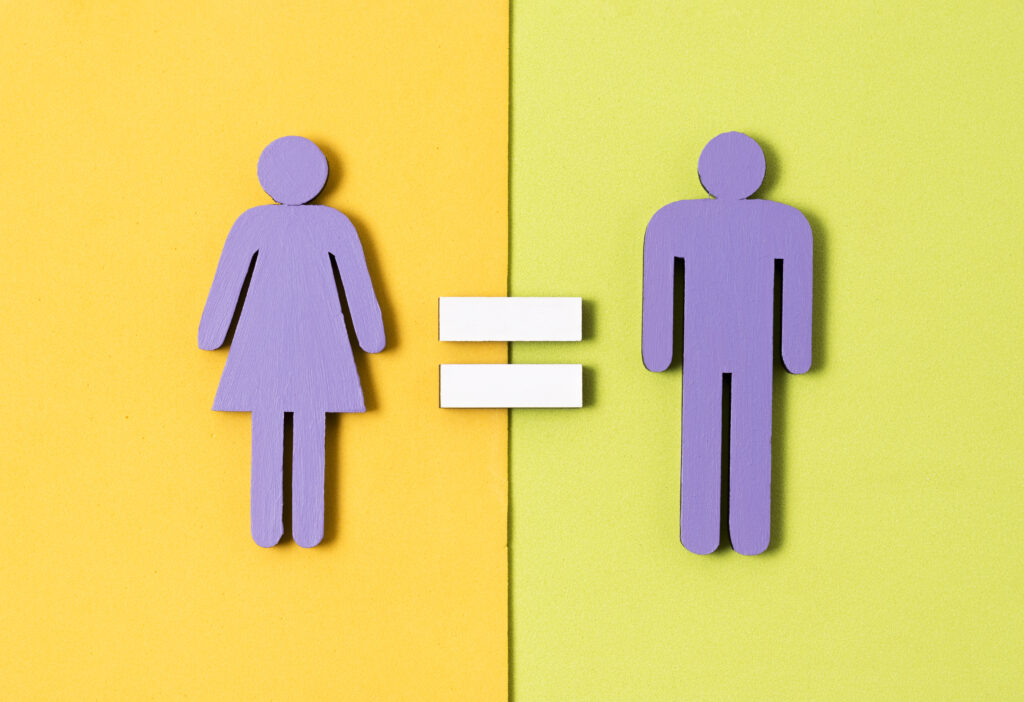
Gender biases present in our society, resulting in the discrimination against women and girls affect the way women access healthcare, receive healthcare and their perceptions and beliefs about health and wellness.
There was a study conducted by BMJ Open, an online journal. This study made some significant findings about the state of healthcare access to women. The research was conducted on 2,377,028 outpatient clinic appointments for all departments except obstetrics and gynaecology at a large public tertiary care hospital in Delhi in 2016.
Finding of the study
It was found that about ⅔ of the visits made to the hospital were made by male patients. Only 37% of the visits were made by women. The equivalent sex ratio was 1.69. The actual ratio, however, is 1.09.
Between the age of 0-30, there are twice as many visits made by male patients than female patients. Above 60 years of age too, the sex ratio is 1.63. In between 30-60 years of age the sex ratio was a little lower.
This highlights a U-shaped curve in access to healthcare on the lines of gender. The report highlighted that excessive discrimination is the reason why women are missing out on health care. The need for systemic social and governmental action was highlighted to fight this bias.
Women and Health
In a report by BBC, it was found that women are more vulnerable to COVID-19 than men in the case of India. While men are more infected with the COVID, women risk dying from COVID more than men.
In other reports conducted in both rural and urban areas, it was found that women are reporting being ill much more than men. Factors like nutritional deficiency, lack of exercise, increase in stress levels contribute to this.
